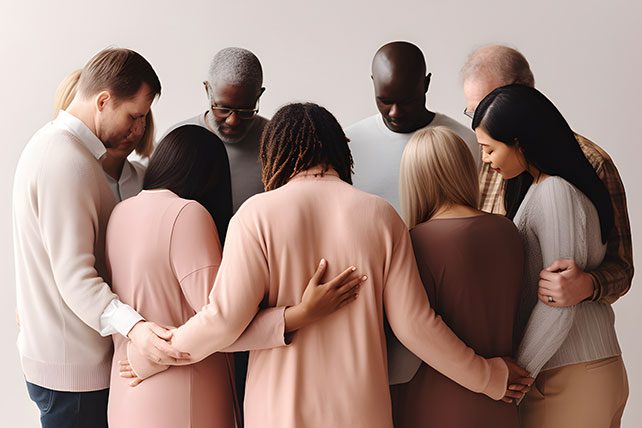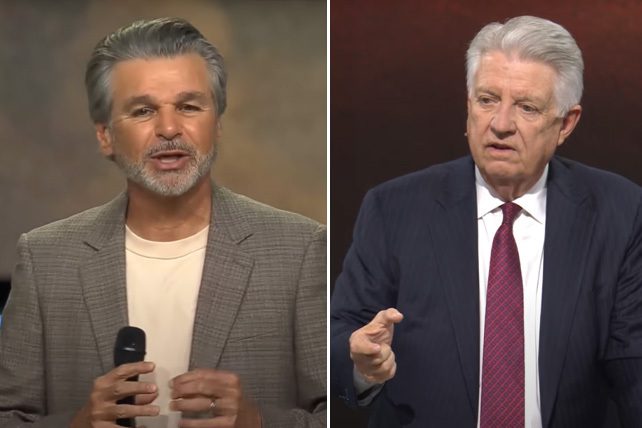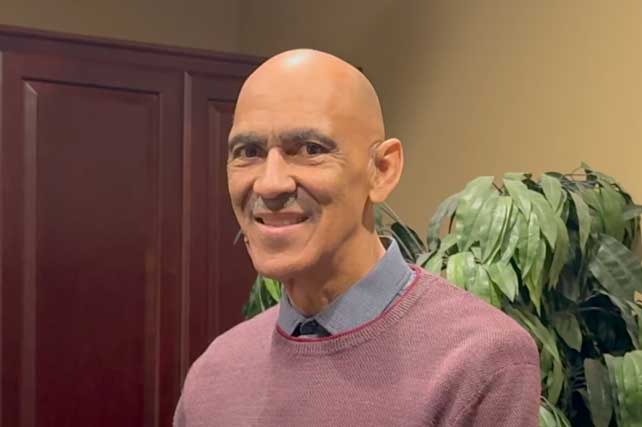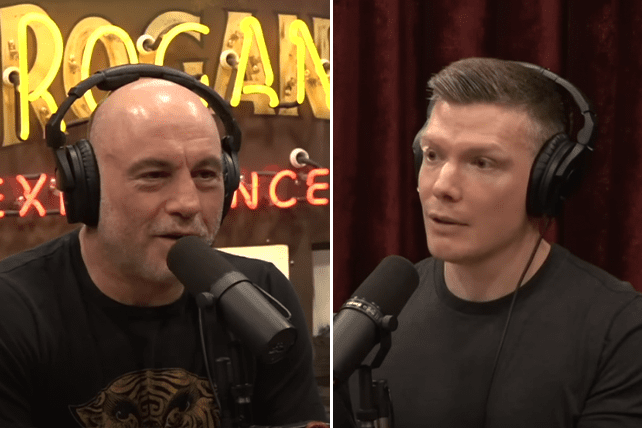Two Christian schools are making news around issues of sexuality. While the drift toward theological error on the topic of sexuality is now a well-worn path, these two schools warrant mention because of the influence they have wielded in Christian education for decades.
Yesterday, Fuller Seminary sent out an email with an update from the May meeting of Fuller’s Board of Trustees. Among other things, the update stated:
After several years of consultation, feedback, and dialogue, the Board of Trustees reconfirmed the institution’s commitment to its historic theological understanding of marriage and human sexuality—a union between a man and a woman and sexual intimacy within the context of that union. At the same time, we acknowledge that faithful Christians—through prayerful study, spiritual discernment, and lived experience—have come to affirm other covenantal forms of relationship.
In April, prominent Christian author and philosopher James K.A. Smith brought himself into the spotlight on this issue with an article on the topic. Smith argued that Calvin University (where he serves on faculty) should disconnect itself from its affiliated church denomination, the Christian Reformed Church (CRC). In 2022, the CRC reaffirmed its confessional beliefs in historic views of Christian sexuality, holding to the same biblical views that Christians have throughout our 2,000-year history. The CRC’s decision provoked significant pushback from more progressively minded people in the denomination. Published in Calvin’s student newspaper, Chimes, Smith’s article amplified the progressive voice within the conversation, calling for a movement away from biblical fidelity.
Both moments are worthy of our attention.
If the update from Fuller’s email reflects the early reports about their new approach, and the seminary were to indeed adopt a sort of “split the baby” approach (which the story called a “third space”), it would essentially allow Fuller to formally align itself with the orthodox view—while recognizing the legitimacy of unorthodox beliefs of other groups and denominations. (They even called those ways “faithful” in their statement.)
The story linked earlier reported on this planned approach, indicating:
If the board votes to approve these revisions, Fuller could become the first evangelical seminary in the country to adopt standards acknowledging the diversity of thought among Christians pertaining to human sexuality, according to retired professor John Hawthorne, an expert on Christian colleges…
Such a decision would carry Fuller into uncharted territory, Hawthorne said. “It’s a bold step for a school that fought off lawsuits on this very issue a few years ago.”
Indeed it is bold, but this is hardly uncharted territory.
It’s actually a well-worn path.
I don’t often write (particularly critically) about other Christian schools, because it can appear to be self-serving, given my own role in Christian academia. But I believe that the prominence and influence of Smith beyond just academic circles, as well as Fuller’s storied place in theological education warrant a response to these recent developments.
Orthodoxy matters enough that we need to have hard conversations about it. (I should add that I shared this article with the leaders of both schools and am happy to publish any reply they would like to make.)
Editor’s note: Fuller President David Goatley has responded to my article here.
Fuller’s Shift
This is a decisive shift for Fuller and will be front page news—it was already news that they were considering the policy. Fuller is saying, in effect, “We have maintained a commitment to orthodoxy,” yet when you affirm the legitimacy of views that are not orthodox, and change your policies accordingly, one must question what this actually means. (And, to be clear, affirming same-sex marriage is outside the bounds of biblical orthodoxy.)
While Fuller seems to be searching for a middle way, on this issue there is none to be found. If history is our guide, this problematic decision will be one in a series of steps moving further away from orthodoxy.
Smith’s Comments
While Smith’s comments on sexuality are disappointing, his comments on Christian universities are instructive in both of these situations. Smith makes a case that has been repeated so many times that it has become a playbook. He envisions “Calvin as a vibrant university committed to courageous learning, academic freedom, and faith-fueled inquiry into our generation’s hardest questions.”
But it appears that what Smith calls “courageous learning” is in effect the unlearning of the biblical patterns of historic Reformed confessions. Calls like this, couched around “academic freedom,” can actually be a kind of captivity to the cultural winds of the spirit of the age. Smith wants freedom to move away from the confessional and conviction moorings of the Christian Reformed heritage into something entirely different.
The Normal Pattern
These arguments and approaches, whether made based on a call for academic freedom or out of a desire to find a middle way, simply don’t work. (Such approaches sounds remarkably similar to the early stages we’ve seen in mainline denominational shifts.) Even if they were to work, functionally and pragmatically, they are theologically deficient.
The pattern is clear and what’s next is clear: the kind of move Smith calls for has—over and over—simply led to schools that “used to be Christian.” And, in Fuller’s case, it would be a step away from orthodoxy, while still trying to hold on to it. It is much like saying one thing and doing another.

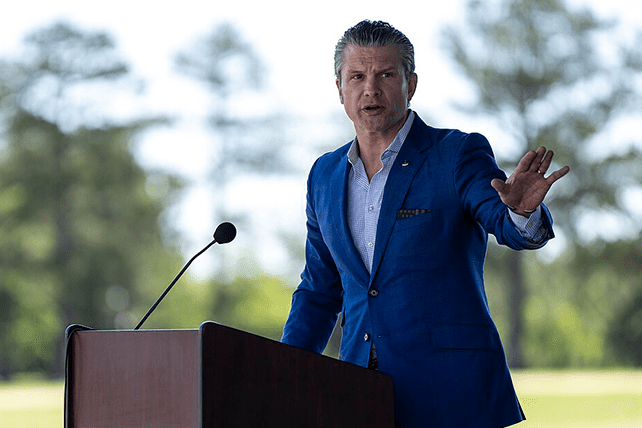

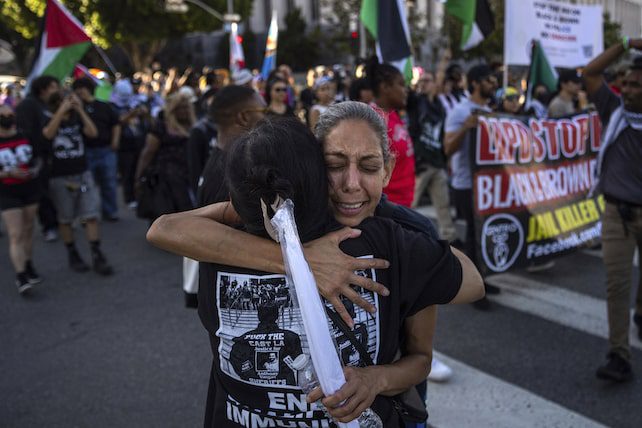
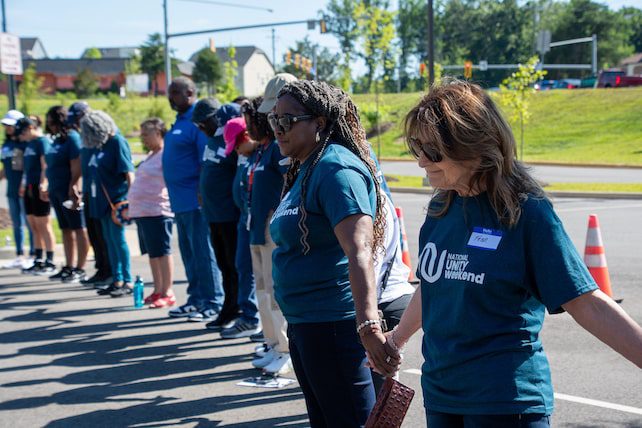
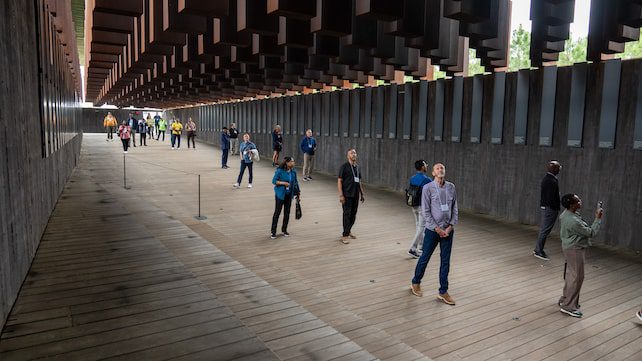







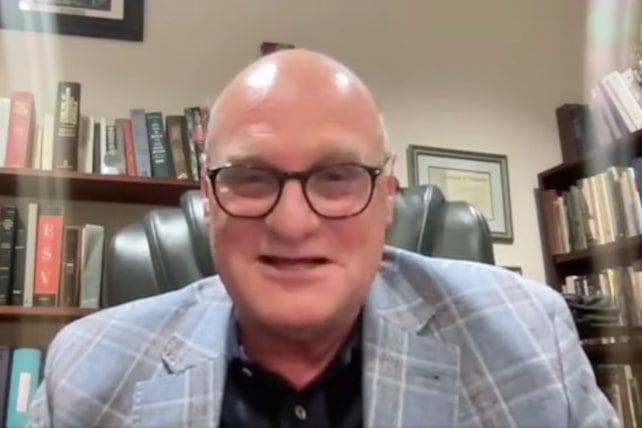
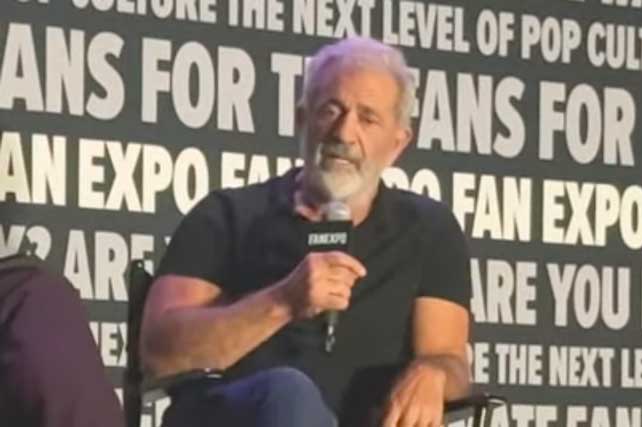
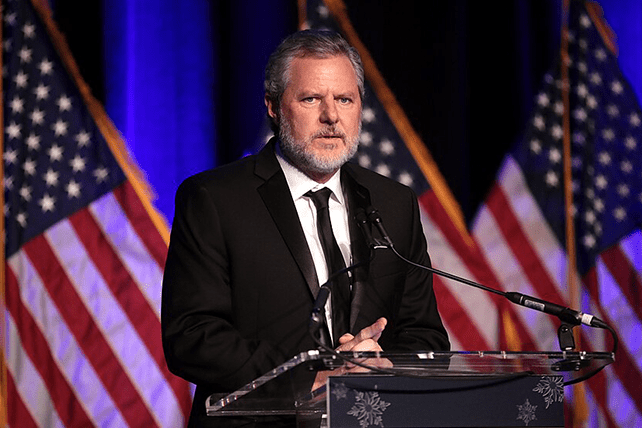

 God designed our brains with incredible capacity for change. But that change doesn’t happen randomly—it follows specific, powerful processes. In
God designed our brains with incredible capacity for change. But that change doesn’t happen randomly—it follows specific, powerful processes. In 